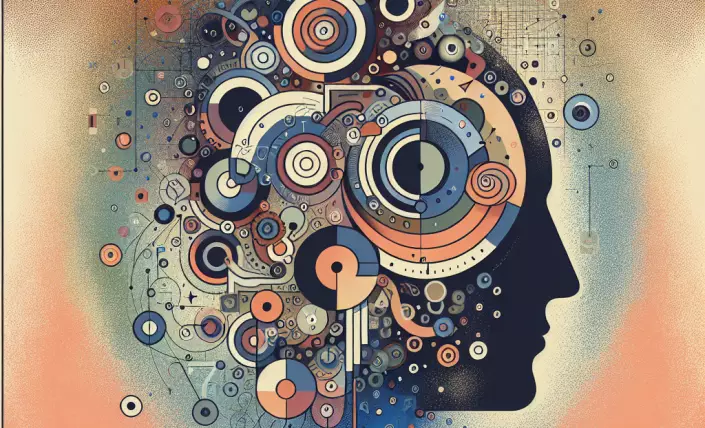At the heart of human existence lies an enigmatic force that both propels us forward and ensnares us in its grasp: desire. This compelling drive, so central to our lives, often dictates our choices, shapes our destinies, and colors our perceptions of the world. To truly understand ourselves and the world we inhabit, it is imperative to delve into the nature of desire, exploring its origins, its impact, and the ways in which it molds the fabric of our reality.
Desire, by its very nature, is insatiable. It is a perpetual force that compels us to seek fulfillment, yet leaves us yearning for more once our needs are seemingly met. This relentless cycle of longing and momentary satisfaction can be seen as the root of much human suffering. The pursuit of desires often leads to a form of existential restlessness, a never-ending chase for an elusive sense of completeness. This restlessness is not merely a psychological phenomenon but a profound philosophical concern, posing questions about the very essence of human existence.
In seeking to understand desire, one must confront the dichotomy between the will and the intellect. Our desires often arise from a deep-seated will that operates independently of rational thought. This will, untethered by logic, can lead us to actions that defy reason, prompting us to pursue paths that may not align with our conscious goals or moral compass. The tension between our rational mind and our primal urges creates a complex interplay that defines much of the human experience. By examining this interplay, we can gain insight into the motivations behind our actions and the often irrational nature of our desires.
The implications of desire extend beyond the individual, influencing the broader social and cultural contexts in which we live. Societies are built upon collective desires, manifesting in shared goals, values, and aspirations. Understanding the role of desire in shaping social structures and cultural norms is crucial for comprehending the dynamics of human interaction and the development of civilizations. It is through this lens that we can begin to unravel the complexities of societal progress and the conflicts that arise from competing desires.
Moreover, the recognition of desire's pervasive influence opens the door to a deeper exploration of freedom and autonomy. If our actions are driven by desires that we do not fully understand or control, to what extent can we claim to be free? The quest for true freedom, then, becomes a journey of self-awareness and mastery over our desires. By cultivating a heightened consciousness of our inner drives, we can strive to transcend the limitations imposed by our desires, achieving a greater sense of autonomy and self-determination.
Ultimately, the exploration of desire is a journey into the core of what it means to be human. It challenges us to confront our vulnerabilities, question our motivations, and seek a deeper understanding of ourselves and our place in the world. Through this introspective journey, we can begin to untangle the web of desires that shape our lives, paving the way for a more conscious and fulfilling existence. By reflecting on these profound philosophical questions, we are not only engaging with the timeless inquiry into human nature but also taking the first steps towards a more enlightened and liberated way of living.










